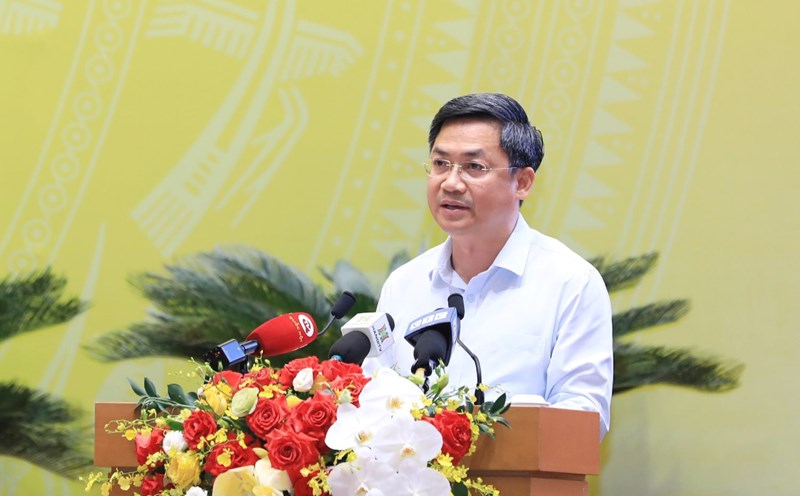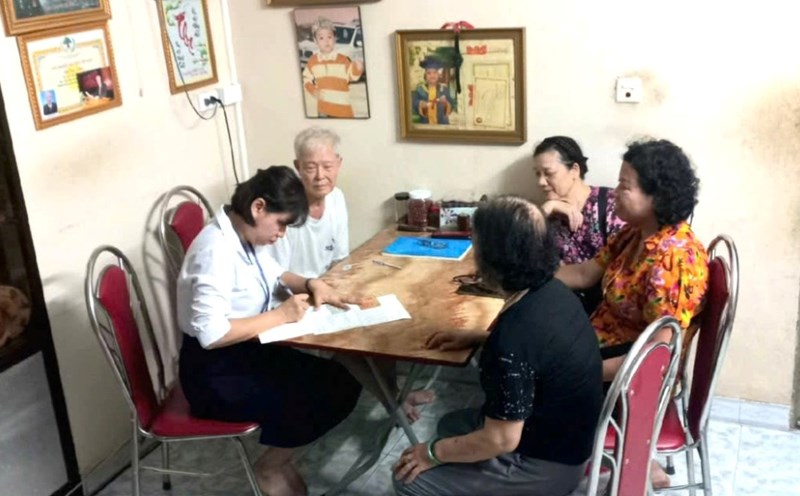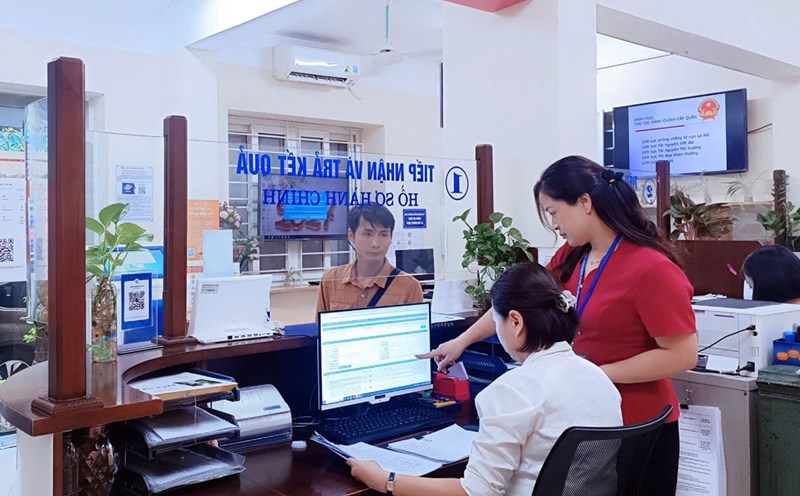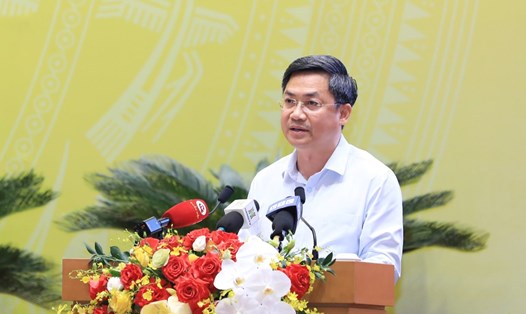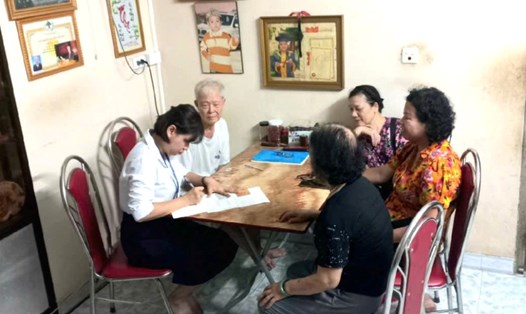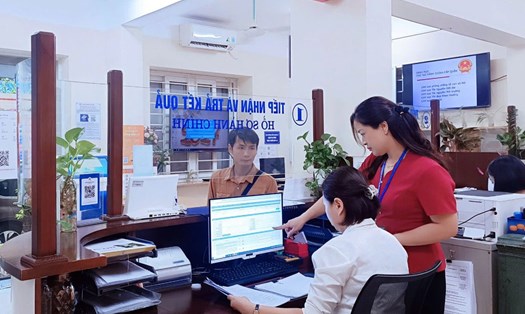According to VNA, on the afternoon of January 15, in Hanoi, the Government's Steering Committee for Administrative Reform held its 9th meeting to evaluate the results of administrative reform implementation in 2024 and discuss directions and tasks for 2025.
Permanent Deputy Prime Minister Nguyen Hoa Binh - Deputy Head of the Steering Committee chaired the meeting.
According to Permanent Deputy Prime Minister Nguyen Hoa Binh, in 2024, administrative reform continues to be identified as one of the key directions of the Government and Prime Minister.
All six reform areas: Institutional reform, administrative procedure reform, state administrative apparatus reform, civil service reform, public finance reform; building and developing e-Government and digital Government have been given attention, promoted, urged to be implemented and achieved positive results.
Administrative reform has had new and positive changes, with quite comprehensive results; many institutional and mechanism barriers and problems have been removed; civil service reform has had many breakthroughs; administrative procedure reform has had positive results, the investment and business environment has improved; the construction of e-Government and digital Government has been vigorously implemented.
One of the bright spots of the past year mentioned by the Permanent Deputy Prime Minister is that, under the direction of the Politburo, we have been carrying out a "revolution" in streamlining the apparatus, creating a strong and widespread influence on the entire political system from the central to local levels and is receiving the attention and support of the entire Party and people.
However, the Permanent Deputy Prime Minister pointed out that administrative reform still has shortcomings and limitations, and businesses and people's access to public administration is not really open and convenient.
“The frustrations and barriers still exist and somewhere still bring annoyance to the people” - Permanent Deputy Prime Minister Nguyen Hoa Binh clearly stated this and emphasized that these shortcomings and limitations need to be overcome soon, quickly cleared, and all resources for society and national development effectively used in the current context, serving the new era, the era of prosperity, growth, and take-off of the country.
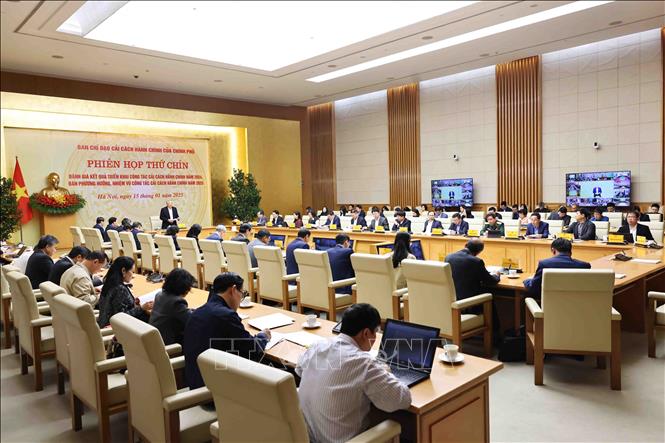
Reporting at the meeting, Deputy Minister of Home Affairs Cao Huy said that the Prime Minister has issued the 2024 Action Plan with 64 key task groups.
Up to now, ministries and branches have completed 18/21 (85.71%) tasks; have not completed 3/21 (14.28%) tasks, the remaining 42 tasks are regular tasks (1 task requested to be postponed to 2025).
Performing the role of the Government's standing agency for administrative reform, the Ministry of Home Affairs has stepped up monitoring, urging and guiding ministries, branches and localities in implementing administrative reform.
Institutions are identified as one of three strategic breakthroughs for national construction and development; the National Assembly and the Government identify institutional bottlenecks as the "bottlenecks" of "bottlenecks" that need to be cleared.
The Government has organized 11 thematic meetings on law-making, thereby promptly directing, orienting, and removing difficulties and obstacles in law-making.
The Government submitted to the National Assembly 29 laws for approval, an increase of 13 laws compared to 2023; the Government issued 182 decrees, an increase of 90 decrees compared to 2023, and issued 496 circulars under its authority. Thereby, continuing to perfect the institutions of the administrative system, promptly adapting and effectively adjusting socio-economic relations.

